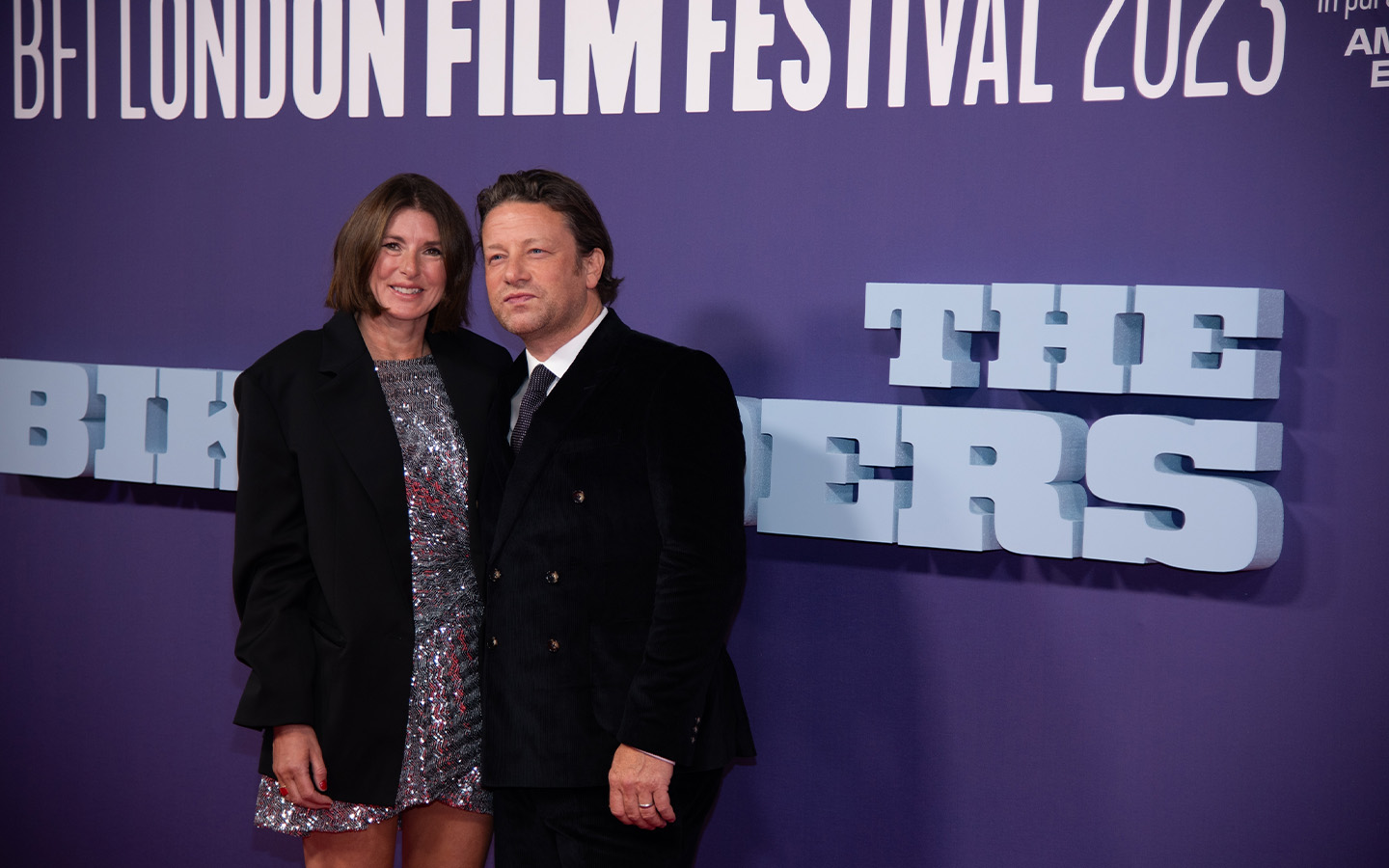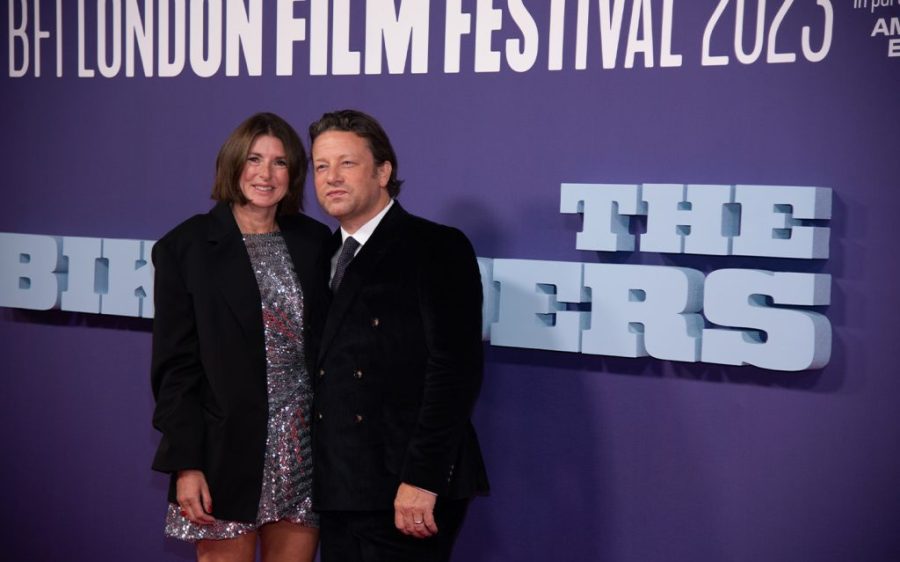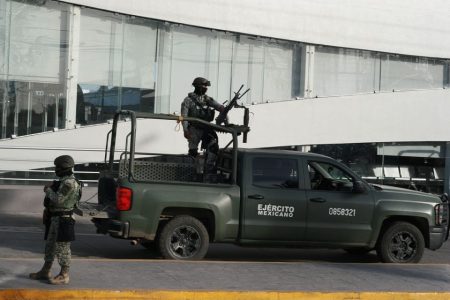British celebrity chef Jamie Oliver has pulled his latest children’s book from the shelves, the Guardian reports, amid accusations of cultural insensitivity in his handling of First Nations characters.
Oliver’s second children’s book Billy and the Epic Escape features a character called Ruby, an Aboriginal girl who is abducted from her foster home in central Australia. Her ability to read people’s minds and communicate with plants and animals is attributed to her being Indigenous.
Critics with the First Nations educational body NATSIEC decried her oversimplified characterisation and language errors, as well as the reduction of “complex and diverse belief systems” to magic. The biggest issue, however, is the abduction plot that recalls the painful history of the Stolen Generations, victims of Australia’s 60-year policy of forced assimilation.
Oliver quickly apologised, saying in a statement that he was “devastated” to have caused hurt. “It was never my intention to misinterpret this deeply painful issue.” Publisher Penguin Random House UK admitted in a statement that the consultation with Indigenous Australians requested by Oliver never happened, citing an “editorial oversight” for which they “apologise unreservedly.”
[See more: Brazil makes a landmark apology to Indigenous groups]
Australia’s forced assimilation laws ended in the 1970s but the trauma of the policy continues to reverberate through Indigenous communities. As many as one in three Aboriginal and Torres Strait Islander children were forcibly removed from their families by the Australian government, many facing harsh treatment, indoctrination and abuse.
“The story’s flippant approach to narrating the theft of a First Nations child dangerously trivialises the ongoing trauma associated with Australia’s violent history of child removal,” NATSIEC told the BBC. Even today, the organisation pointed out, Aboriginal and Torres Strait Islander children are 10 times more likely than their non-Indigenous counterparts to be removed from their families into foster care or other systems.
NATSIEC Chief Executive Sharon Davis called on Oliver and Penguin Random House UK to “recognise the impact of their content and take swift action to prevent further harm” in a statement to the Guardian. The offending book was pulled from sale worldwide the following day. “It is clear that our publishing standards fell short on this occasion, and we must learn from that,” the publisher said in a statement.






